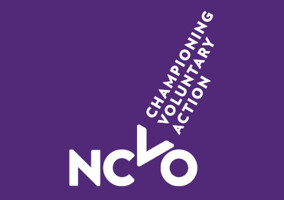Charities are “increasingly dependent on a smaller number of donors” who are more generous, said professor David King yesterday.
King is an associate professor of philanthropic studies at the Indiana University Lilly Family School of Philanthropy. He was speaking at a Gresham College event entitled Does Philanthropy do the Public Good?
King said there appears to be a “mixed message” in terms of philanthropic giving. While “charitable giving overall continues to grow” there is a downward trend in those giving and volunteering, he said.
Fewer donors give more
“The vast majority of giving still comes from average individuals,” said King. Indeed, Pro Bono Economics found that donations by the UK’s top 1% of earners have fallen in the last decade, despite their incomes rising by approximately 10% during the same period.
King specified that 66% of households in the US gave to charity in 2000. Last year, this dropped to 49%. The UK garners similar statistics, with household giving in 2000 being 32% compared to 26% in the last few years.
He added: “Overall giving grew - but only as fewer donors were giving more.”
Many see this as a “diminishing of civil society”, he continued.
NCVO has predicted that donations to charity will fall further still in the UK due to the rise in cost-of-living and inflation. Already, 1.6m fewer people gave to charity in 2020 according to CAF.
Philanthropy must be questioned
According to King, the common conception that philanthropy is giving money to a good cause “does not do justice to the complexities” of it.
“It allows us too easily to fall into the trap of either romanticising or criticising [philanthropy],” he said.
“Either philanthropy has too often been left unexamined as an unquestioned good where individuals freely give of their time or money, or an unwelcomed result of political and economic systems that empower a few individuals with undue wealth and influence to shape public policy and our collective life together.”
This “limited conception” masks the larger picture of philanthropy, he said. Its purpose in public life must also be considered, King argued.
Does giving do us good?
King asked the audience: “With our ongoing fears of rising polarisation and isolation, could increases in giving, volunteering, and advocacy be key for a sense of social connectedness, citizen engagement, and a healthy democracy?”
He said that what is “formational” for him is focusing on the purposes of philanthropy, the motivations people have to give and whether it does the public good.
“In my mind, those are the right questions for us to engage. In making sense of the philanthropic traditions from which we operate, we are set up to dialogue and debate with one another how philanthropy as a part of our moral imagination works to shape how we envision the public good.”
Related articles











